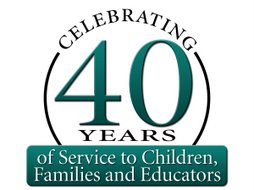For a session sponsored by a vendor (Polycom), this workshop remained extremely non-salesy and full of great references for districts looking for funding resources. If you have interest in securing local, regional, or federal dollars for distance learning, make sure that the scope is at least national, if not international.
Details
Presenters
· Andrew Knox – Eastern Area Grant Manager
· Kristen DeProspero – Grants Director
Education Programs
- Honors Program: Reduced prices, memberships, application training
- Tuition Reduction Program: Professional development through technology from Nova Southeastern University
- Free Industry memberships with purchase
- Polycom Content Access Program: Polycom Collaboration Center that matches interests of people using videoconferencing equipment worldwide
- Case studies, blog, and special events
- Content Provider Program
Trends
- The U.S. DoE has cut more than 65% of educational technology grants in the past three years
- The fourth year of NCLB IID saw 28% reduction in funds and more stringent guidelines
Demands
- Demonstrate models
- Include research on current hot topics
Sources
- Federal Grants
§ Competitive: Provide compelling argument for funding
§ Formula: Meet certain requirements and get funded automatically - State governments
- Private foundations
- Foundation Center
- Organizations
§ Bill and Melinda Gates Foundation
§ Toyota
§ AT&T
§ Verizon
§ Kellogg
§ Coca-Cola
§ Exxon-Mobil
§ Aetna Foundation
§ Grants.gov
§ Law suit reconciliations (Microsoft, Toshiba, others) - Freedom of Information Act requests, allowing for the release of information on any federally funded program
§ Winning grant applications
§ Scoring
§ Other relevant information
